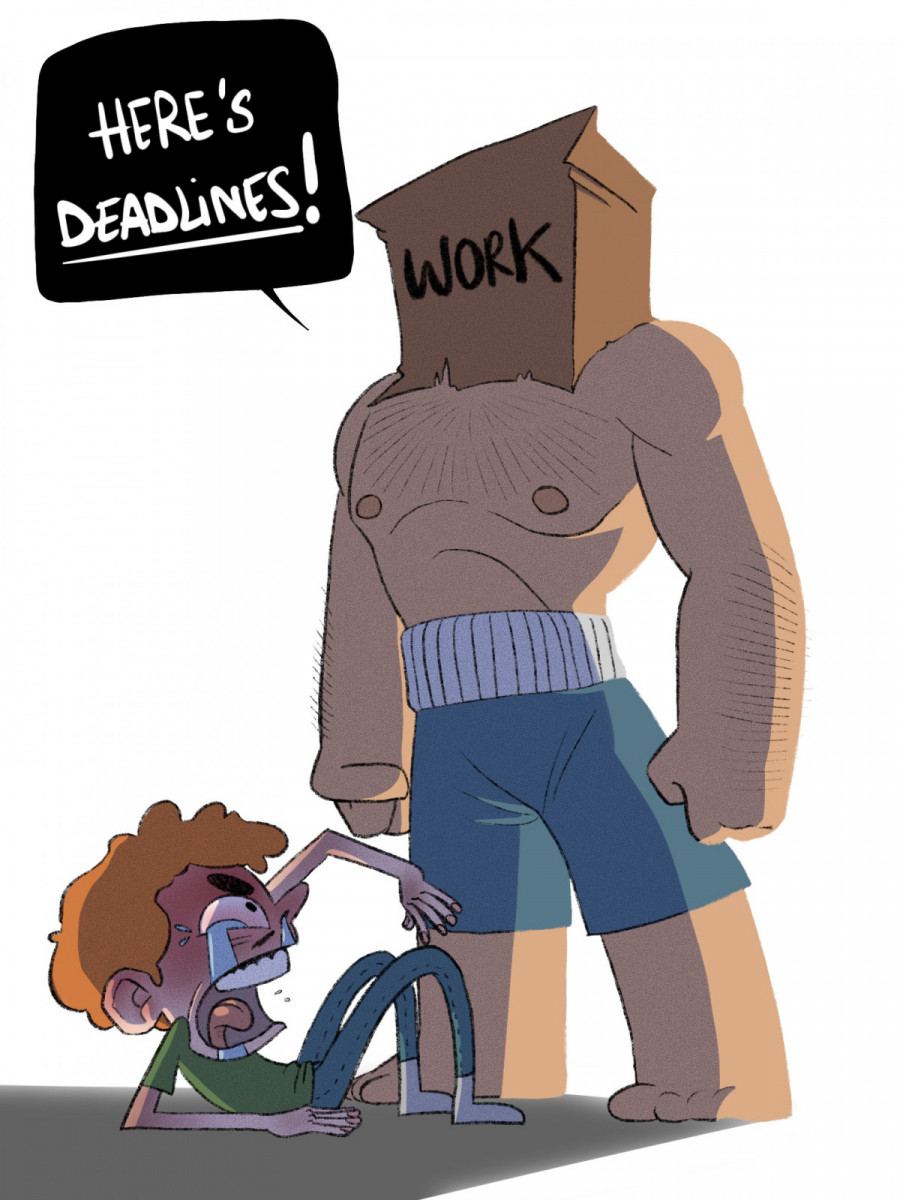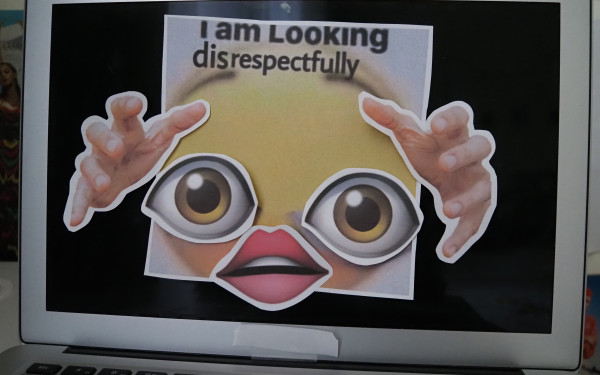How to Beat Your Procrastination Habits
Divulging my Guilty Pleasure
We all have our guilty pleasures. For some, it’s spending too much money eating out. For others, it’s scrolling on social media. For me, it’s anything that allows me to procrastinate.
Hate it or love it, we’re all in this together as we are consumed by so many distractions that push us to procrastinate.
Procrastination is alluring. Writing my to-do list—and seeing that the list never ends—throws me into a ball of stress. I tell myself that I’m going to do it tomorrow, and then tomorrow comes and it’s still not done. We’ve all been there. It’s a recurring negative cycle in my life that I am currently trying to fix.
What even is procrastination? Psychology researcher Dr. Itmar Shatz defines procrastination as the process of delaying or postponing a task simply because of not wanting to face it. According to a 2014 study on procrastination and mental health coping, between 20 and 25 per cent of students worldwide are chronic procrastinators.
As a procrastinator myself, I’ve definitely learned how to cope with it. So, I might have some tricks up my sleeve that could help you too.
There are many reasons why we delay tasks such as school assignments or health checks. Many of us procrastinate because we are not interested, anxious, easily distracted or scared to confront the task itself. I know that for me, the thought of delaying my tasks or duties stresses me out. Yet, I seem to fall into this trap that gives me pleasure in the moment. Distractions are easily accessible, especially when it comes to scrolling on social media.
Whether we mean to or not, we all get distracted by the inevitability of social media as it continues to consume our lives. The constant notification, call, or text catches my attention, and I find myself checking my phone when I shouldn’t be. Or even when I take a break from an assignment and go on social media, specifically TikTok, I end up scrolling on my phone for two hours without even seeing time pass me by.
Deep down, I believe I do this because I’m anxious that my work isn’t good enough. I get overwhelmed by my thoughts and tend to doubt my abilities even before diving into the task at hand. Will I stand out? Is it expected of me? Does it even make sense? All these thoughts stress me out whenever they cross my mind, but I know I’m not the only one.
Procrastination is a tool many of us use to protect ourselves, specifically when avoiding a task we see as intimidating. Instead of feeling overwhelmed, procrastinating is an easier redirection; it feels like the better option. Watching a movie is more motivating than filing taxes.
According to Ness Labs, when procrastinating, there is this battle in our brain between the limbic system and the prefrontal cortex. This generates a tension; we can either face that unpleasant activity or avoid it, which triggers a fight or flight response. The prefrontal cortex is responsible for making rational decisions, whereas the limbic system—one of the most dominant parts of the brain—controls our behavioral and emotional responses impulsively. And in the limbic system is the amygdala.
Your amygdala—a small, almond-shaped region in the brain—is involved in processing emotions and threat identification by releasing hormones like adrenaline to kick off a fear response.
Once in a stressed-induced panic, we decide to handle “the threat” by avoiding it in favour of a less stressful task. We prefer an immediate reward because our brain prefers instant gratification.
In the end, avoiding tasks that evoke negative feelings doesn’t help; we all have deadlines to meet, and waiting only creates more stress and insecurity.
This year, I promised myself not to doubt my abilities or get distracted so easily. Even though procrastination is an automatic habit of mine, I want my prefrontal cortex to fight against my amygdala’s love for immediate gratification.
What personally helps me break the cycle of procrastination is scheduling. Time management can help limit procrastinating. Listing your tasks and planning them in your schedule can help you stay organized and create a feeling of control. Feeling in control will help you prioritize your work and achieve better results.
With tricks up his sleeve, David Ballard, head of the American Psychological Association’s Center for Organizational Excellence says when distracted, try minimizing multi-tasking. He suggests to wrap up one thing at a time, with breaks throughout so you can feel refreshed moving on to the next task.
Another trick that helps me is removing anything that distracts me, like my phone. Whenever I’m working on an assignment, I like to leave my phone on mute in another room. This method makes it easier for me to stay focused on what is right in front of me.
At the end of the day, everyone procrastinates. There shouldn’t be any shame because from time to time, we all indulge in our guilty pleasures.
Everyone is different, so find solutions that will help you navigate your to-do list. Don’t beat yourself up for being a consistent procrastinator. Remember, it is totally normal and rooted in our brains.







